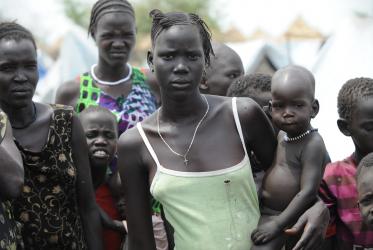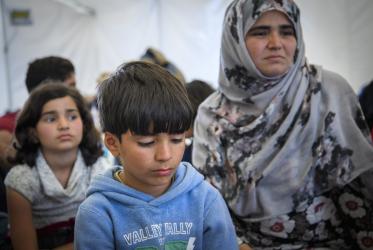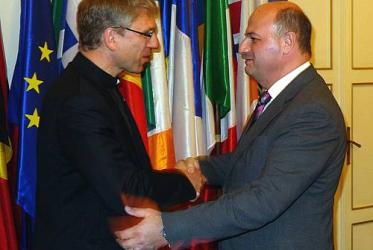Displaying 1 - 20 of 20
Fr Alexi - a peacemaker in Syria
21 December 2018
Not just numbers, displaced people need to share their stories
01 February 2018
G20 summit: call to pray for peace in Hamburg
07 July 2017
In Lebanon, refugees face hardship - but find hope
16 March 2017
Refugees in transit: pushing boundaries all around
08 February 2016
Land rights focus of panel discussion
17 November 2015
Local and global work saves lives
22 October 2015
Reclaiming our humanity
23 June 2015
Situation in Greece more than an economic crisis
20 November 2012









